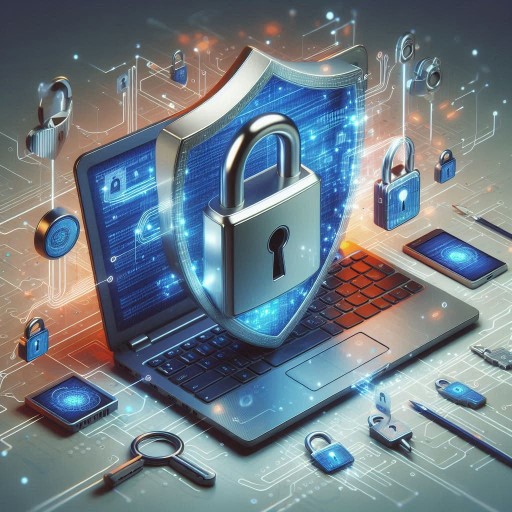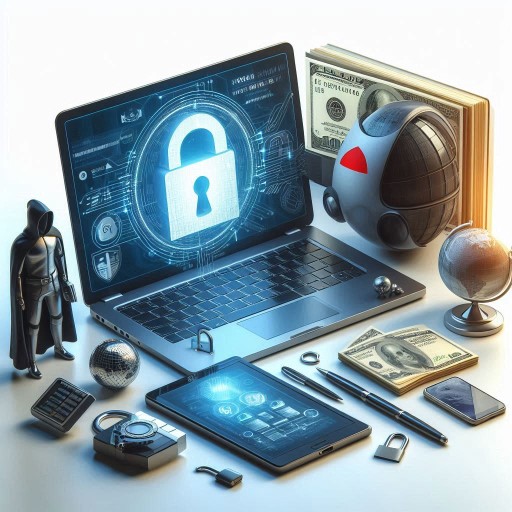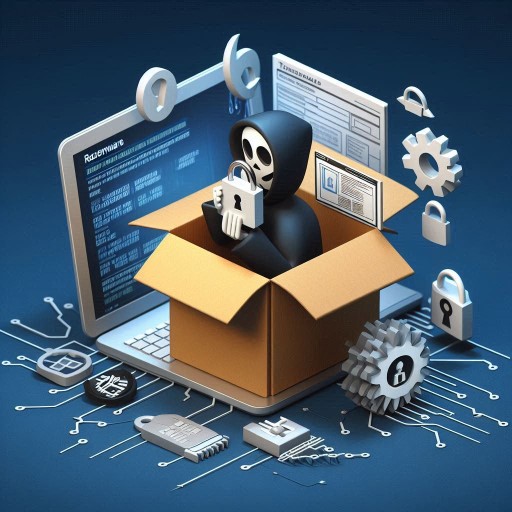TechTrend4u – In this digital age, Cyber Safety, Online Security & data privacy is one of the most important issues. With the increase in online activities, the risk of privacy breaches is growing. Your personal data can be misused by irresponsible parties if not properly safeguarded. This article will discuss the best practices for maintaining your data privacy online, along with real-life examples and relevant cybersecurity technology implementations.

The Importance of Maintaining Data Privacy
Data privacy is not just about protecting personal information, but also about preventing misuse that could lead to financial, emotional or even reputational harm. Every time you share information online, you open up opportunities for irresponsible parties to exploit that data.
Case Example: Facebook Data Breach-Cambridge Analytica
One of the most famous examples of a data privacy breach is the Facebook-Cambridge Analytica scandal in 2018. In this case, personal data from around 87 million Facebook users was taken without their permission and used for political purposes. This scandal highlights the importance of data privacy controls and security, both by individuals and companies.
Read more: Security Tools and Software: Choose the Right One for You
Best Practices for Maintaining Online Data Privacy
1. Use Strong and Unique Passwords
Passwords are the first line of defense to protect your online accounts. Using strong and unique passwords for each account can help prevent unauthorized access.
Implementation: Use a combination of uppercase, lowercase letters, numbers, and symbols. Also, use a password manager to store and generate secure passwords without having to remember them all.
Case Example: In 2019, the data of over 773 million emails and 21 million passwords were leaked in a massive data breach known as “Collection #1”. Many of the leaked passwords turned out to be weak or reused across multiple accounts, making it easy for hackers to take over those accounts.
2. Enable Two-Factor Authentication (2FA)
Two-factor authentication adds an extra layer of security by requiring you to enter a code sent to your phone or email in addition to your password. This is very effective in preventing unauthorized access even if your password is known to hackers.
Implementation: Many platforms such as Google, Facebook, and online banking services provide 2FA options. Enable 2FA on all accounts that support it for enhanced security.
Case Example: In 2019, Twitter CEO Jack Dorsey’s Twitter account was hacked through the SIM swap method, which allowed hackers to access the phone number registered with the account. If stronger 2FA, such as using an authentication app, is implemented, this risk could be reduced.
3. Avoid Oversharing Personal Information
Information such as your phone number, home address, or date of birth is often used by hackers to verify your identity and access your online accounts. Avoid sharing this information on social media or other online platforms unless absolutely necessary.
Implementation: Check privacy settings on social media and other platforms to ensure your personal information is only visible to people you trust.
Case Example: In 2020, many social media users fell victim to “spear phishing” after their personal information was found online. Hackers used this information to create very convincing phishing emails, which eventually tricked victims into giving access to their accounts.
4. Use a Virtual Private Network (VPN)
VPNs encrypt your internet connection, making it harder for hackers to intercept the information you send or receive online. This is especially important when you’re using an unsecured public Wi-Fi network.
Implementation: Choose a trusted VPN provider that does not log user activity. A good VPN will also provide fast and stable performance without compromising security.
Case Example: In 2017, a study found that hackers could easily access personal information sent over unsecured public Wi-Fi, including passwords and credit card numbers. Using a VPN can prevent this type of breach.
5. Update Your Devices and Software
Software updates often include security fixes for vulnerabilities that have been discovered. Ignoring these updates can leave your device vulnerable to attacks.
Implementation: Enable automatic updates on your devices and software, or manually check for updates periodically to ensure that you are always on the latest version.
Case Example: In 2017, the WannaCry ransomware attack exploited a vulnerability in Windows that was fixed through an update. However, many users had not updated their systems, so they fell victim to the attack.
6. Use Secondary Email for Service Registration
Using a secondary email to sign up for less important online services can help protect the privacy of your primary email from spam and potential data breaches.
Implementation: Set up a secondary email account specifically for registering on websites like newsletters or shopping platforms, and reserve your primary email for essential communications.
Case Example: Many online services have suffered data breaches where millions of users’ email addresses were leaked. By separating your primary and secondary emails, you can reduce the impact of such breaches on your primary account.
Read more: Mobile App Security: Protect Your Smartphone
Using Technology to Improve Security
1. Data Encryption
Encryption is the process of converting data into an unreadable format without the correct decryption key. It is a very effective way to protect data, both stored on devices and sent over the internet.
Implementation: Use encryption software like VeraCrypt to protect sensitive files on your device. Also, ensure that the websites you use have encrypted HTTPS connections.
2. Secure Data Erasure
When you dispose of your old device, make sure to securely wipe all the data. Simply deleting files is not enough, as the data can still be recovered with the right tools.
Implementation: Use a tool like DBAN to safely clean your hard drive before disposing or selling your device.
Read more: Data Privacy: Your Rights to Protect
Conclusion
Keeping your data private in the digital world is an increasingly important task. By following the best practices discussed, you can reduce the risk of privacy breaches and protect your personal information from misuse. In an era where personal information is becoming a valuable commodity, protecting your data is an important step to ensure your security and peace of mind.



